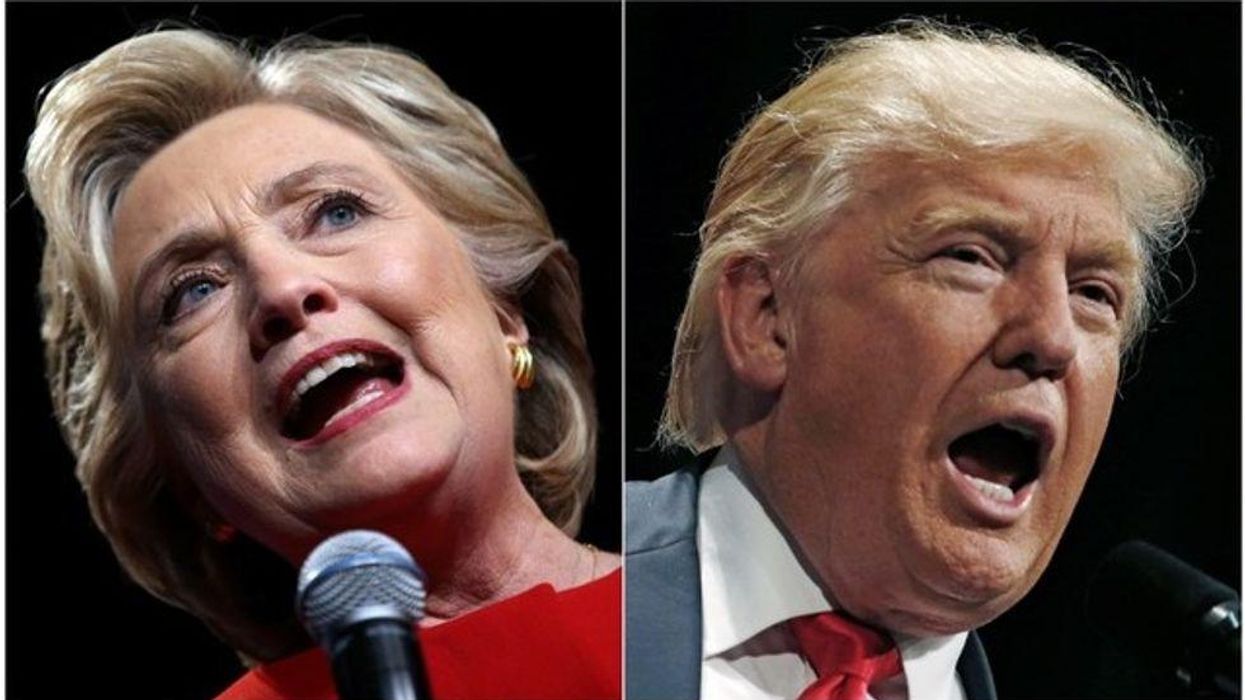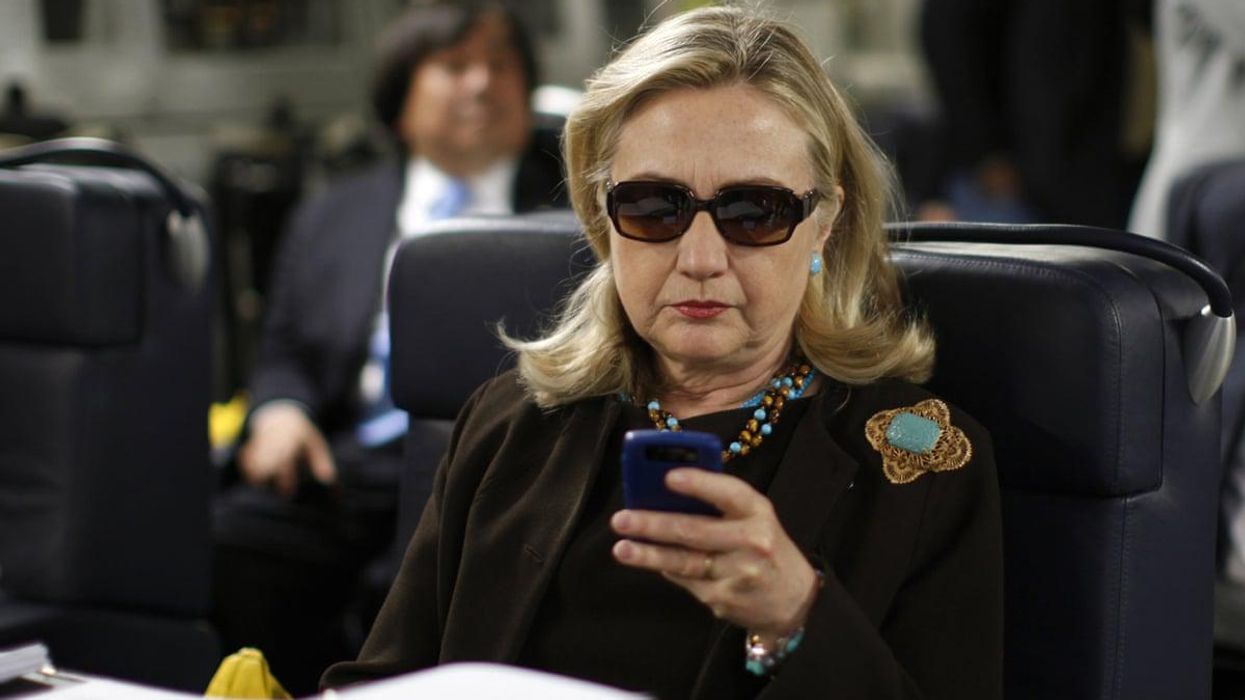Heading To Prison, Furious Bannon Sputters Threats Of Retribution
Steve Bannon is due to report to federal prison on July 1 to begin a four-month prison sentence for contempt of Congress. But he clearly has plenty of contempt remaining to give, and he’s directing it at the entire legal system.
On his “War Room” podcast on Saturday, Bannon turned his anger toward former FBI Director James Comey and Deputy Director Andrew McCabe, threatening both with imprisonment or worse. "Get your passport, get the hell out of the country because hey, we're coming,” Bannon said, warning that a second Trump term would mean that Comey and McCabe would be targeted for persecution.
Bannon’s statements may seem like a tantrum being thrown by someone about to spend several long weeks in a very small room, but his statements are concerning to law enforcement officials. They serve as a reminder that when Donald Trump and his associates talk about “revenge” and “retribution” they don’t mean seeing that political opponents face the consequences of any illegal actions; They mean going after political opponents simply for being political opponents.
“We will hunt you down," Bannon said.
Bannon appeared to be angered by an appearance McCabe made on CNN’s The Source in which the former FBI deputy director expressed concern over what a second Trump term would mean for the rule of law. In particular, McCabe responded to a question from host Kaitlan Collins about the dangers represented by Trump’s calls for retribution.
McCabe called Trump’s recent comments “offensive and horrendous,” while saying that they were not surprising. “You know him,” McCabe said. “You know what motivates him. He is not a person who is driven by principle or ideology. He is someone, who's entirely transactional, that if he feels like he's been wronged, in some way, then he focuses on revenge, and vengeance. And so, he's made it perfectly clear that that's what he's going to do.”
McCabe warned that in his efforts to obtain revenge Trump “runs the risk of really dismantling and greatly incapacitating the Department of Justice and the FBI.”
But for Trump and his supporters, that’s a feature, not a bug. Turning the DOJ into a weapon and the FBI into the police force that can be used against anyone who opposes Trump is exactly what they have in mind.
Bannon didn’t appreciate McCabe pointing out the plan.
“Why is Andrew McCabe, Mr. Tough Guy, Mr. FBI Tough Guy wetting himself on national TV?” Bannon asked. “He's damn scared because he understands the end is near.”
These threats followed Trump’s appearance alongside “Dr. Phil” McGraw during which the television therapist attempted to get Trump to swear off revenge.
“I think you have so much to do,” said McGraw. “You don’t have time to get even.”
“Well, revenge does take time, I will say that,” Trump admitted. “And sometimes revenge can be justified, Phil. I have to be honest. Sometimes it can.”
During the criminal trial in which he was found guilty on 34 counts, Trump was under a gag order for his attempts to intimidate witnesses and threaten the families of court officials. But even as the judge attempted to protect the justice system—and innocent bystanders—from Trump’s anger, a long line of Republican surrogates made regular appearances outside the courtroom to keep the threats alive.
But if Trump was limiting himself to generating anger against those connected to his case in the hope that his followers would respond with violence, Bannon isn’t being that “subtle.” He’s not being vague either.
He’s just making overt threats.
“Go ahead, go to the ends of the earth,” Bannon said. “We will hunt you down and bring you back and you will stand accountable before the American people.”
Bannon is also not trying to make any pretense that this is about justice. It’s about revenge. It’s about seeing that anyone opposed to Trump is silenced.
“Lock them up” is so 2016.
Reprinted with permission from Daily Kos.












